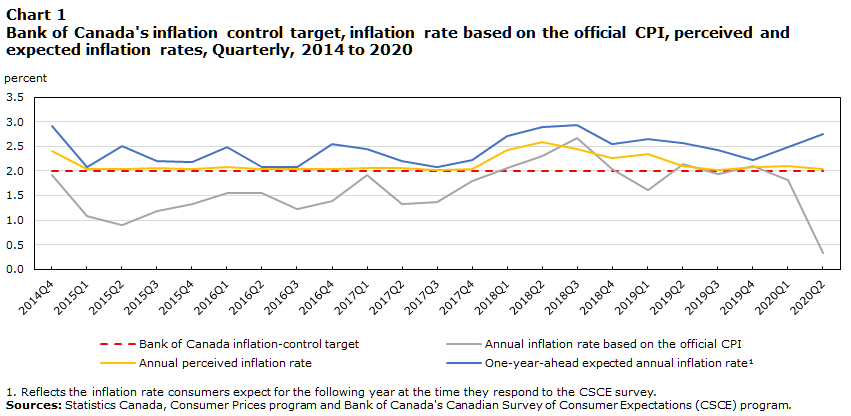"Many, many hundreds of billions of dollars, financed with government debt, are pumped into all facets of supporting the war effort and, because of the urgency, the costs are typically inflated."

On The Money
I want to try to avoid commenting on the political or demographic aspects of the two big wars everyone is focused on these days, while providing insight into how these global events are impacting the economy of “the West”. I think it’s important to think about it because, ultimately and especially given our more than ever globally integrated economic structure, even everyday people far, far away from any war zone are negatively affected.
There is a class of people that is not so negatively impacted, but I won’t be considering Nancy Pelosi’s, or any other politicians’, trading account. I also won’t be discussing multi-national defense contractors and how well they may be faring. The latter is an unfortunate circumstance of our (the West’s) need for superior weapon systems delivered by private companies to defend our strategic interests against those that oppose them. That is the way it is. It is also important to note that one can assume there is a long-term economic drag created by the aftereffects of war – the deaths, the impoverishment of the losing side, and all the destruction that comes with it – but those elements aren’t localized in the West and so are duly ignored for the basis of this article.
So, back to everyday people who are not in control of wars no matter what flag they put on their Facebook profiles. Outside of what older generations see on television or what younger ones see in their social media feeds, there is no way for any ordinary citizen of the West to interact or engage in the conflict, which I think is a little unfair given how impacted we will be soon.
A few days after a war on foreign soil begins, governing officials of Western nations announce massive funding for our alliance members to support their war effort. Many, many hundreds of billions of dollars, financed with government debt, are pumped into all facets of supporting the war effort and, because of the urgency, the costs are typically inflated. War is very expensive. The spending simply adds to the money supply side of the equation (more dollars in circulation = lower value of the dollar) and creates a bump in economic activity, as government spending normally would. This early enhanced economic activity is accounted for by the production of war supplies, weapons, troops, aid, etc. All this activity fuels job growth, supports wages, and gets circulated in the global economy with much of it coming right back to the West, which is also the supplier of much of the materials and weapons that go to war zones.
As the war goes on, cities and populations are ravaged, and the civilians of impacted nations flee and seek to migrate. You may recall the massive migration of Syrians that fled their civil war and, more recently, a major influx of Ukrainian immigrants fleeing the Russian invasion of their country. Where do these millions of dislocated, often poor, migrants go? (If you guessed, “countries that give them an immediate standard of living above the poverty line” you would be correct – please affix a gold star to the breast of your coat.) Yes, they go to economically advanced countries that also advocate for human rights and dignities (and rightly, so), because they are deemed to be able to afford caring for war refugees. Some countries that could easily afford taking refugees, but don’t, are Japan, which is taking a token number of refuges for the first time ever, and China, which takes zero. I won’t comment any further about that. Of course, many of these refugees are more than capable of entering the workforce and most do, which is a good thing because they become taxpayers and contributors to society. Both the Syrian and Ukrainian experience has shown this to be mostly true.
So far, this all sounds pretty good for countries that don’t have to deal with the death and destruction that comes with war, right? Well, not so fast. The reality is that increasing the money supply, especially at such a rapid pace and at great cost (or inefficiently), to fuel the military industrial complex all adds to inflation. This wouldn’t matter as much if inflation was within an acceptable range at or below 3%. But, as you well know, since inflation is already high, we can fully expect war spending to continue to push up inflation. Another factor to consider is that war often brings economic sanctions to punish enemy states of the West. Sanctions on the most significant industries, like grain shipments from Ukraine that were/are stopped by a Russian blockade or the likely sanctions against Iran, an accused state sponsor of Hamas, that will shut down three- to four-million barrels of oil from leaving daily. In the case of Iran’s pending sanctions, we can fully expect oil prices to stay high or move higher since the West has handicapped itself by shutting down its own oil production and that the US has massively depleted their Strategic Petroleum Reserve. Since oil fuels air travel, shipping, rail, trucks, and most vehicles on a global basis we can expect any product that moves through the supply chain, which is almost all of them, to bear those costs. I also mentioned in my last article how immigration increases housing demand beyond new supply of homes and keeps housing prices out of reach for many families. The increased demand for all goods that we’d normally expect immigrants to consume, food, transportation, etc., in combination with the impacts of war, will push inflation even higher. That should mean higher interest rates for even longer.
All of this does not bode well for people in the West, as we are carrying a record amount of debt. Many are not even paying their mortgages down but are paying the cost of interest alone. Credit card debts are also at record levels. Governments of the west are paying for social goods and entitlements like health and education with never-before-seen levels of borrowed money. This is especially true in Canada.
I’m afraid that all of this will not end well for us, as the odds that our economy will avoid a real recession are ever diminishing. Sadly, that also means that the West will be hard pressed to rebuild the parts
of the world that are or will be destroyed. Much of Syria and Afghanistan are still in shambles. So, please pray and ask for a quick and decisive end to all war as it is in everyone’s best interest to stop all the negative things that it brings.
Romel Dhalla, President of Dhalla Advisory Corp., provides strategic corporate finance advice to companies and high net worth individuals and was a portfolio manager and investment advisor with two major Canadian banks for 17 years. Contact him at romel@dacorp.ca. Any views or opinions represented in this article are personal and belong solely to the author and do not represent those of people, institutions or organizations that the owner may or may not be associated with in professional or personal capacity, unless explicitly stated. Any views or opinions are not intended to malign any religion, ethnic group, club, organization, company, or individual.



